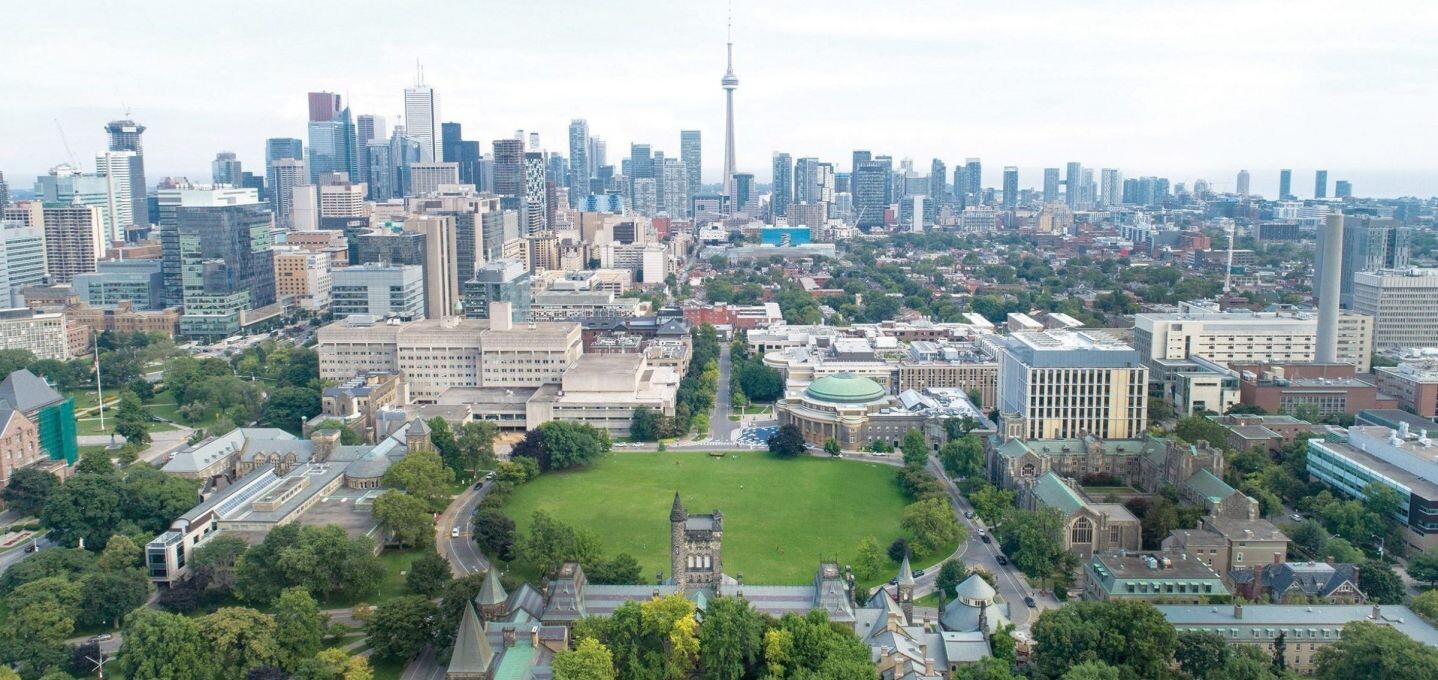Mobile Menu
- Future Students
-
Current Students
- Undergraduate Students
- Graduate Students
- Resources and Supports for Students
- Postdoctoral Fellows
- Research
- Partnerships & Entrepreneurship
- Curriculum and Teaching
- News & Events
- About Us
